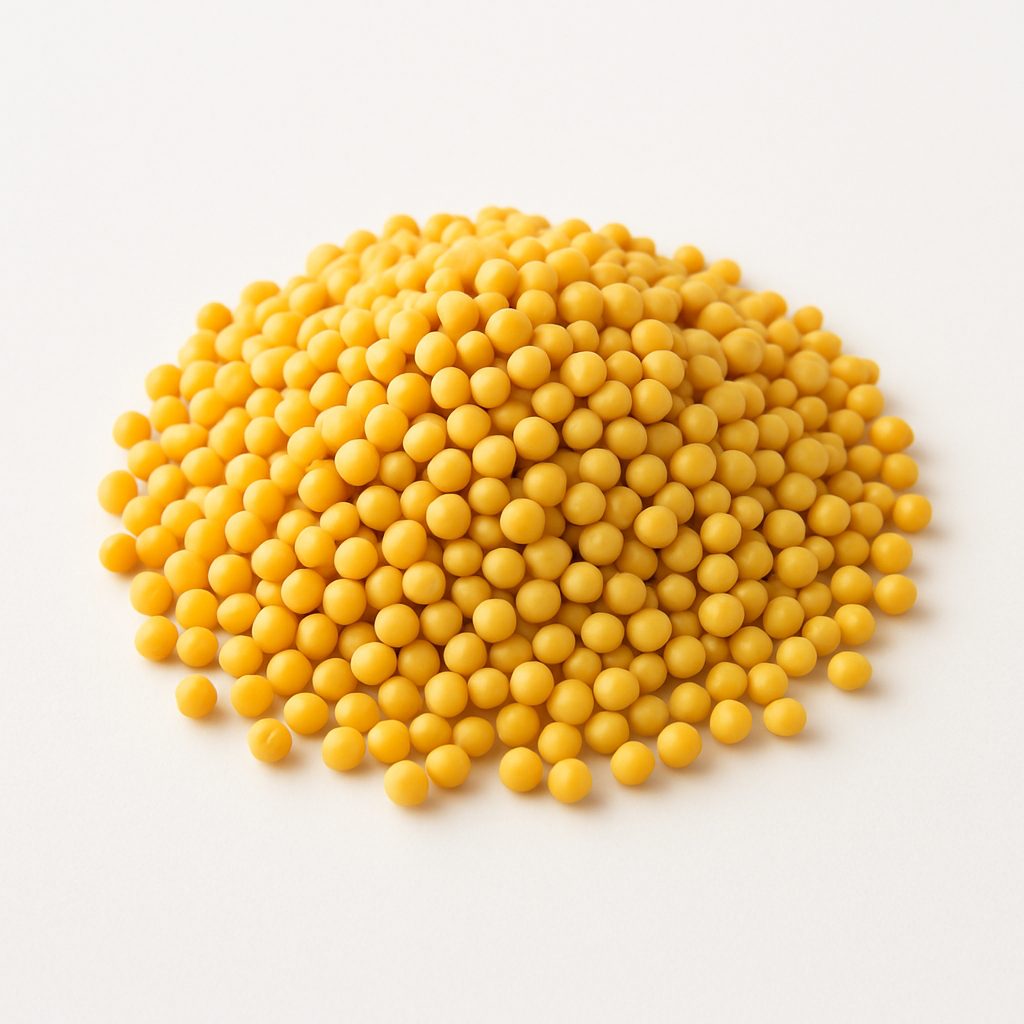Wadi
Mustard seeds (yellow, black, and brown) خردل
Mustard seeds (yellow, black, and brown) خردل
Couldn't load pickup availability
Primary Uses:
1. Culinary uses:
a. Pickling
b. Sauces and dressings
c. Spice blends
d. Curry dishes
e. Roasted snacks
2. Flavoring uses:
a. Mustard flavoring in condiments
b. Pickling brines
c. Marinades
d. Spice blends
e. Salad dressings
3. Aroma uses:
a. Aromatherapy
b. Essential oils
c. Perfumes
d. Scented candles
e. Potpourri
Other Uses:
1. Culinary uses - Mustard seeds are commonly used as a spice in various cuisines around the world. They are used to add flavor and aroma to dishes such as curries, pickles, sauces, and marinades.
2. Medicinal uses - Mustard seeds have been used in traditional medicine to treat various ailments such as respiratory problems, digestive issues, and skin conditions. They are also believed to have anti-inflammatory and antioxidant properties.
3. Religious uses - Mustard seeds are used in some religious ceremonies and rituals, particularly in Hinduism and Buddhism.
4. Ornamental uses - Mustard plants are sometimes grown as ornamental plants for their attractive yellow flowers.
5. Insect repellent - Mustard seeds are believed to have insecticidal properties and are sometimes used as a natural insect repellent.
6. Dyeing agent - Mustard seeds can be used as a natural dyeing agent to produce yellow or brown colors.
7. Folklore uses - Mustard seeds have been used in folklore and superstitions for various purposes, such as warding off evil spirits and bringing good luck.
8. Culinary garnish - Mustard seeds can be used as a garnish to add texture and flavor to dishes such as salads and soups.
Caution:
1. Allergies: Some people may be allergic to mustard seeds, which can cause severe allergic reactions such as difficulty breathing, swelling, and hives.
2. Digestive Issues: Mustard seeds contain high amounts of fiber, which can cause digestive issues such as bloating, gas, and diarrhea in some people.
3. Goitrogenic: Mustard seeds contain goitrogens, which are substances that can interfere with the thyroid gland's function and lead to goiter or hypothyroidism.
4. Oxalates: Mustard seeds contain oxalates, which can contribute to the formation of kidney stones in some people.
5. Blood Clotting: Mustard seeds contain compounds that can increase blood clotting, which can be dangerous for people with blood clotting disorders or those taking blood-thinning medications.
6. Pregnancy: Mustard seeds are not recommended for pregnant women as they can cause uterine contractions and lead to miscarriage.
7. Sodium Content: Mustard seeds contain high amounts of sodium, which can be harmful to people with high blood pressure or heart disease.
8. Pungent Flavor: Mustard seeds have a strong, pungent flavor that may not be appealing to everyone.
Share


